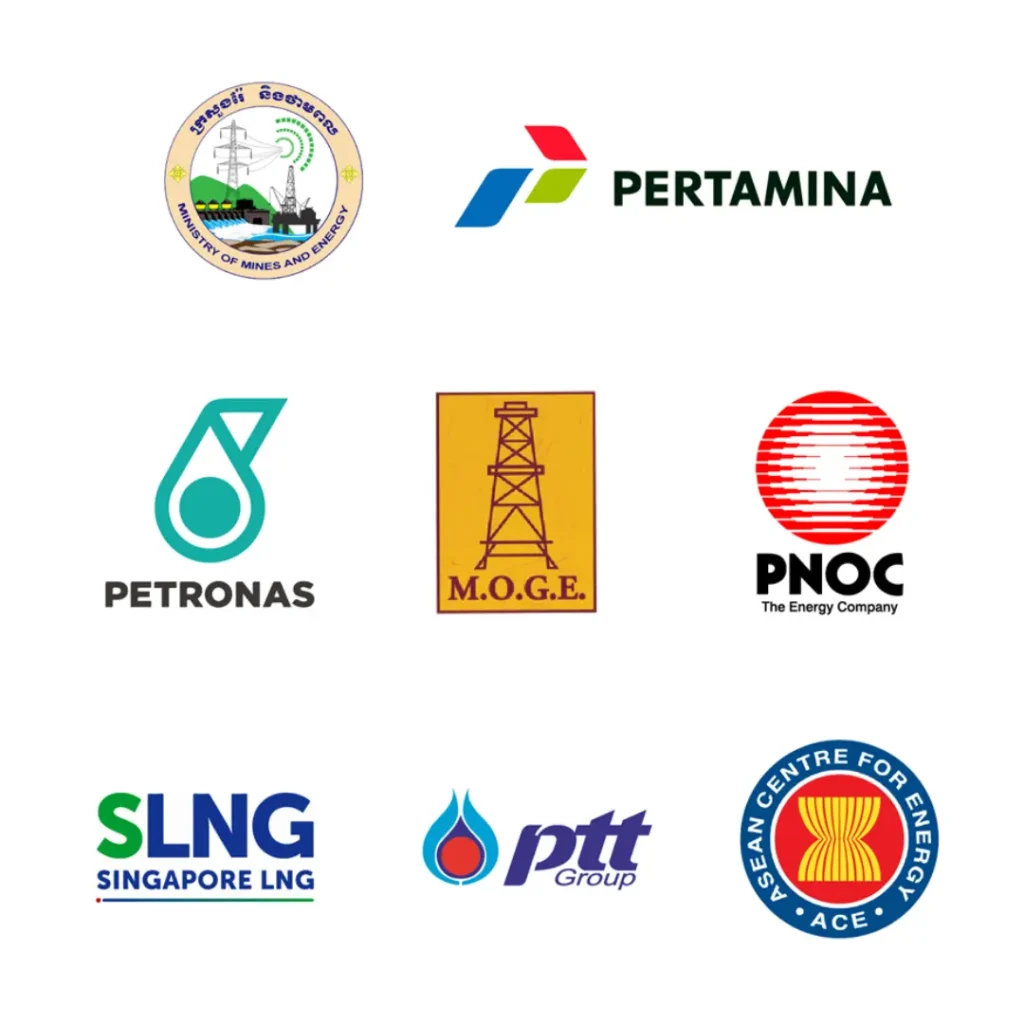
Methane is the second largest contributor to global greenhouse gas (GHG) emissions and is responsible for at least a quarter of today’s global warming. According to the International Energy Agency (IEA), the energy sector is a major methane emitter, accounting for over a third of methane emissions attributed to human activity. Reducing methane emissions from the fossil fuel industry is one of the most cost effective ways to reduce greenhouse gas emissions1. Around 40% of today’s methane emissions from fossil fuels could be avoided at no net cost2.
We, the signatories of the Joint Statement on Decarbonisation and Methane Emissions Reduction, believe that the energy sector in Southeast Asia can play a leading role in the region’s decarbonisation efforts by focusing on methane emissions reduction. We call for a progressive, collaborative and inclusive approach to methane emissions reduction in the energy sector as part of a just energy transition which puts nature, people, lives and livelihoods at the heart of climate action.
Our Approach
We acknowledge the consensus on climate science and the urgent need for sustainable climate action and believe that significant accomplishments can be delivered by 2030, as part of wider energy transition efforts.
In order to achieve this, we will:
- Develop activities in support of the Paris Agreement goals, also recognizing that national circumstances require tailored approaches.
- Proactively advocate for a just and inclusive energy transition through meaningful dialogues, that align with the climate aspirations set by governments to drive targeted, tangible, properly accounted, and scalable emissions reduction that considers the broader impacts of the energy transition.
- Collaborate across the Southeast Asia (“SEA Region”) energy value chain to champion innovative solutions on methane emissions management, as well as strengthening measurement, monitoring, reporting, verification and mitigation measures, wherever possible.
- Establish a SEA Region oil and gas sector methane emissions baseline, as early as 2025, informed by internationally recognized practices, to be followed by a quantifiable collective methane emissions reduction ambition by 2030.
- Share practices and the region’s progress on decarbonization and methane emissions through the Association of Southeast Asian Nations (ASEAN) Council on Petroleum (ASCOPE).
Through this approach we are supporting the following ASEAN climate positions that align with the global climate change priorities whilst taking national circumstance and development priorities into account:
- ASEAN Joint Statement on Climate Change to UNFCCC COP283 on enhancing climate actions and cooperation in ASEAN;
- The 42nd ASEAN Ministers on Energy Meeting’s Joint Ministerial Statement4 which affirmed the need to actively engage in the global shift towards decarbonisation target and welcomed methane emissions abatement initiatives in the energy sector;
- The ASEAN Leaders’ Declaration on ASEAN as an Epicentrum of Growth5 which prioritise regional interconnectivity and integration through partnerships to ensure sustainable energy security in ASEAN;
- ASEAN Ministerial commitment6 to reduce emissions delivered through the ASEAN Energy Sector Methane Roundtable and its activities; and
- ASEAN Plan of Action for Energy Cooperation7, a regional blueprint for energy cooperation to enhance energy connectivity while ensuring energy security and sustainability.
We, namely, Ministry of Mines and Energy Cambodia, PT Pertamina (Persero), Petroliam Nasional Berhad (PETRONAS), Myanma Oil and Gas Enterprise, Philippine National Oil Company, Singapore LNG Corporation Pte Ltd, PTT Public Company Limited, and the ASEAN Centre for Energy (ACE), encourage peers from across the energy ecosystem in SEA Region to join our efforts to drive industry leadership and position SEA Region as a progressive methane emissions reduction leader.
Read the full Joint Statement here.
1 Key findings – Global Methane Tracker 2024 – Analysis – IEA
2 Key findings – Global Methane Tracker 2024 – Analysis – IEA
3 ASEAN Joint Statement on Climate Change to COP28
4 Joint Ministerial Statement of the 42nd ASEAN Ministers on Energy Meeting
5 ASEAN Leaders’ Declaration on ASEAN as an Epicentrum of Growth
6 Joint Ministerial Statement of the 41st ASEAN Ministers on Energy Meeting
7 ASEAN Plan of Action for Energy Cooperation (APAEC) Phase II: 2021-2025

